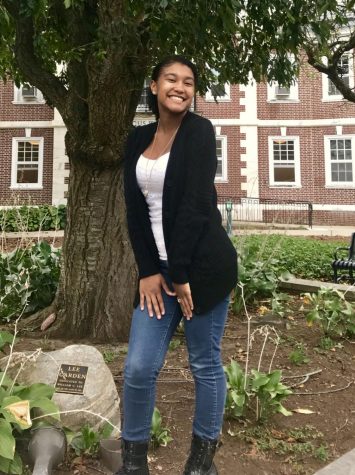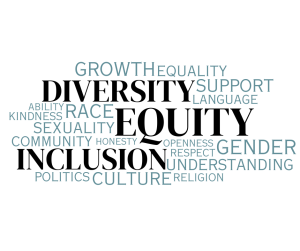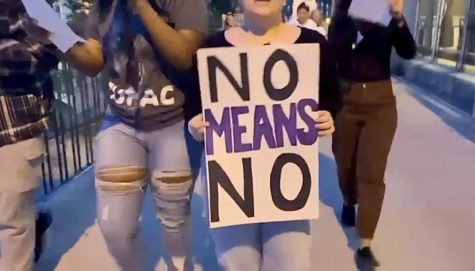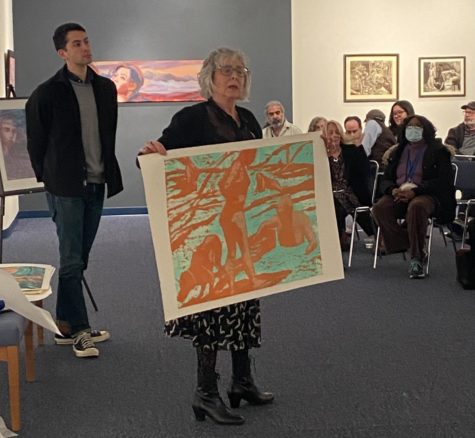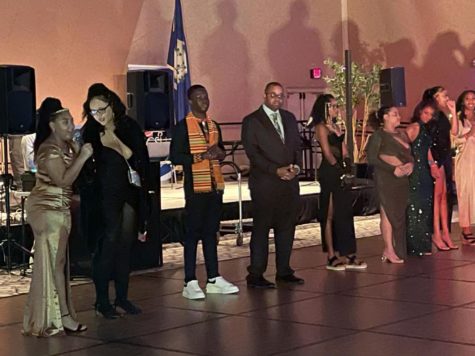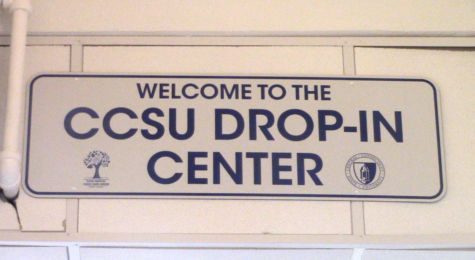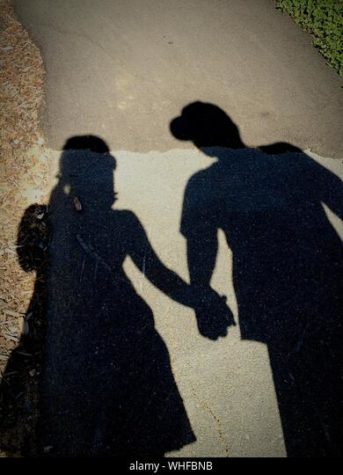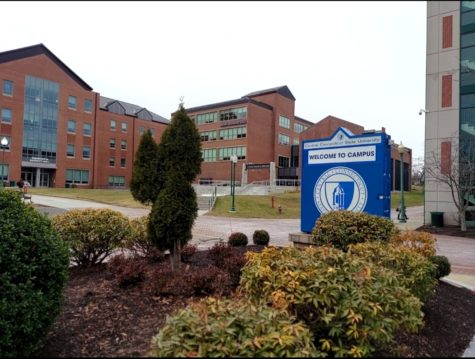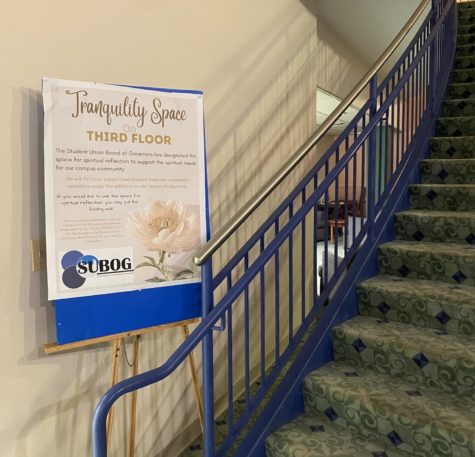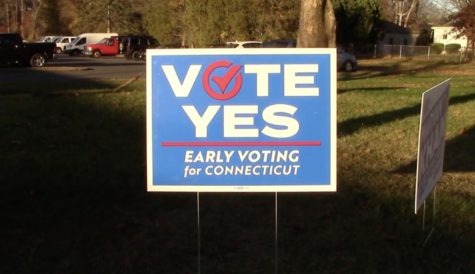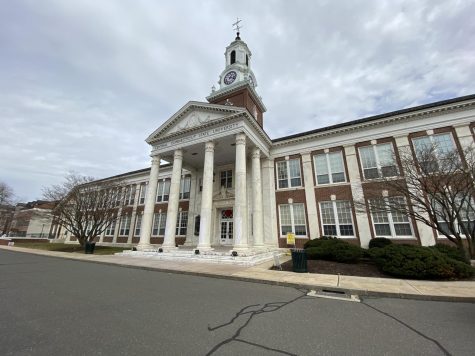Activist Speaks Native American Rights At CCSU
October 31, 2018
Central Connecticut’s Torp Theatre was nearly filled to capacity last Thursday for LaDonna Brave Bull Allard’s visit as this semester’s civil rights speaker.
Allard is a Native American civil rights activist and a member of the Lakota Tribe in North Dakota. In 2016, she ran the Sacred Stone Camp on her own land to help the protests against the Dakota Access Pipeline (DAPL).
The DAPL runs oil underground for 1,172 miles. It begins in northwest North Dakota, passing through South Dakota, Iowa and under the Mississippi River to an oil terminal in Illinois.
Concerns quickly grew for the project due to its potential environmental issues and its trespassing of Native American sacred sites.
“Around the world, we’re in trouble. We have less than 22 percent of native grass and native plants left in the world [and] less than 5 percent of clean drinkable water. How did we get here?” Allard asked the audience. “I truly believe the only reason why my people are alive today, after all the acts of genocide that happened to us, is to defend the water and plants.”
Protests shortly began after the announcement of construction, starting with the Standing Rock Reservation’s schools, and growing continuously from there.
The elementary school students wrote letters on what water meant to them and the importance of having a healthy environment. The high school students then ran for miles across states, bringing awareness to the danger of the pipelines.
Allard credits much of the success of the movement to young people, stating they are the change in the world, making it possible for everyone to unite. Within weeks, Sacred Stone Camp was home to thousands of people from across the world, with various religions and tribes uniting together against the DAPL.
“Everything that happened there [in the camp], no one can take from my eyes. We had free healthcare [and] free education,” Allard said. “I witnessed every religion and spiritual group stand together in one prayer. And if I saw that with my own eyes, I know we can do that everywhere.”
But out on the front lines, the people at Standing Stone endured attacks and harassment. Many were arrested, pepper-sprayed and attacked by dogs for their peaceful protest.
Despite enduring a long, brutal battle, the pipelines were built. The DAPL left behind over 300 destroyed sacred sites to the Native Americans in North Dakota alone.
But Allard did not walk away from the battle feeling defeated.
“Standing Rock was just a seed. What happened there was supposed to happen so that we can go out into the world and spread those seeds,” Allard stated.
Today, she continues to share the story of what happened to her land and ways to defend the water.
The people of Standing Rock work to create solar farms, green energy farms and rely on clean water and creating their own food. They encourage others to make small efforts to be part of the change as well, by growing plants and using safe energy.
“Our resistance is our existence,” Allard said. “The roots grow out of my feet down into the ground and I’m willing to die in that beautiful land where the camps are to keep my land.”
After the event, Lauren Peoples, a CCSU senior, carried on the message that in order to see change, one must be the change.
“Overall, it was the message of taking control of your own freedom and rights and not waiting for someone else to do it for you,” Peoples explained. “A lot of times when there’s an oppressed population, people could take a victim mentality instead of being a leader in their lives. It was empowering when she told people to be leaders and the rest will follow.”
The feeling of empowerment was also felt by Tyler J. Fabian, a CCSU junior. He said he admires Allard for her strength and power.
“That fire that’s behind her and passion she has is inspiring. She perseveres even though she may face oppression every day. She came here and shared her story with all of us to show us we can do things,” Fabian stated.
Allard believes in the young people of today to influence the world positively in hopes that all become human.
“We are taught, as Native people, we are not born human,” she said. “We must strive every day to be a human being because a human being has compassion for everyone. We must go further to search compassion and then we will reach the status of being human beings.”

